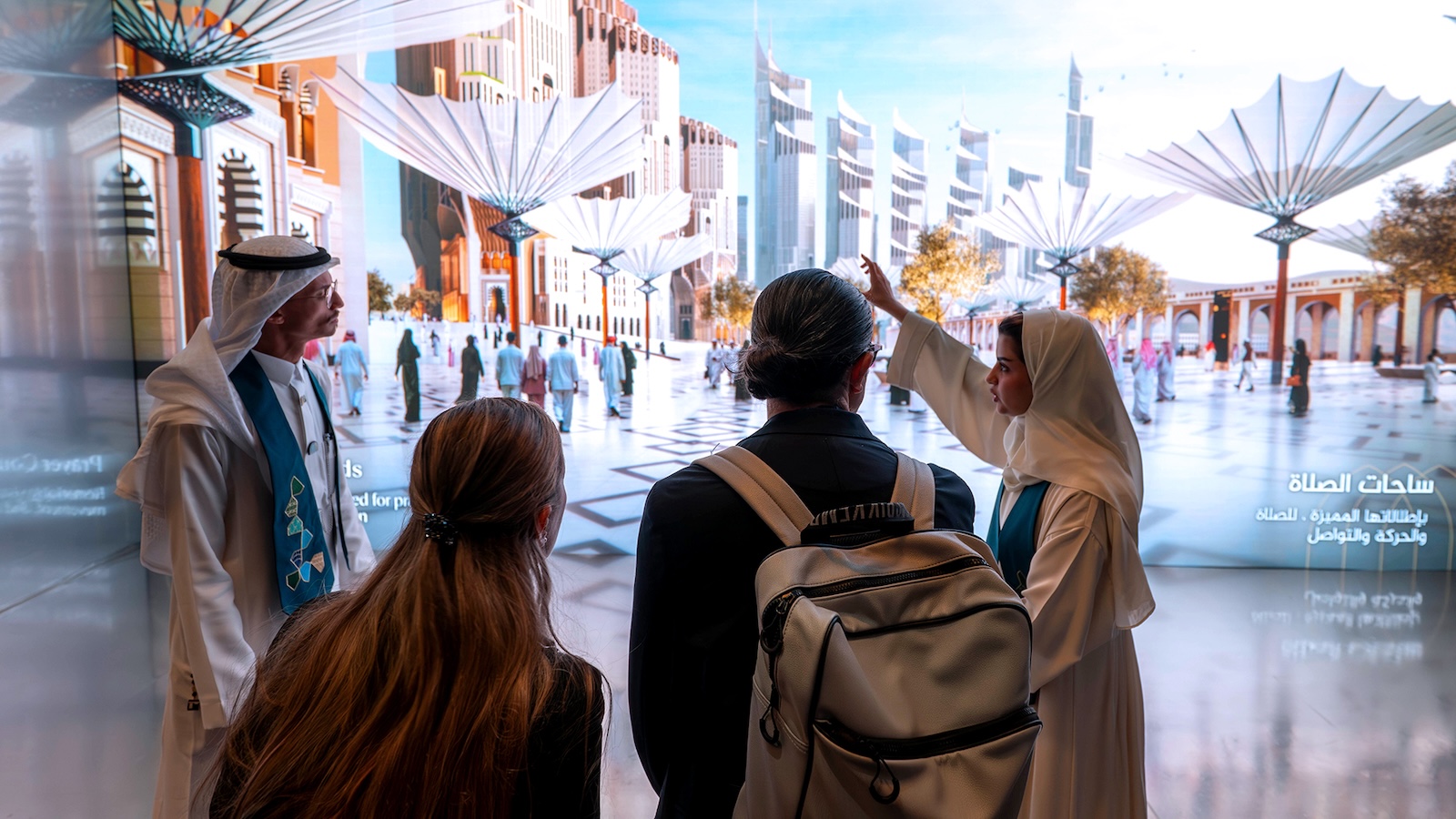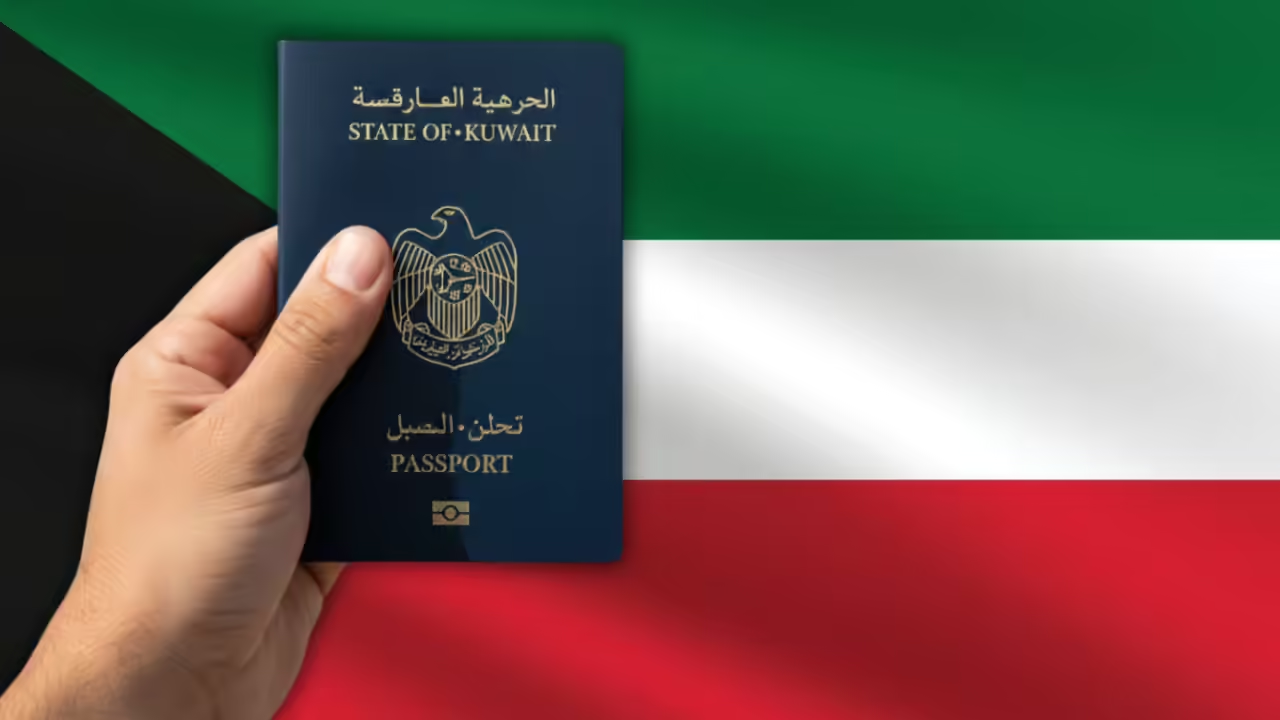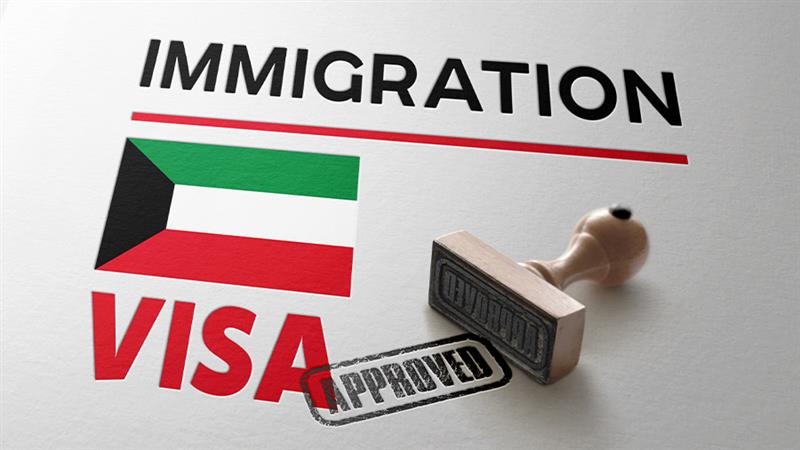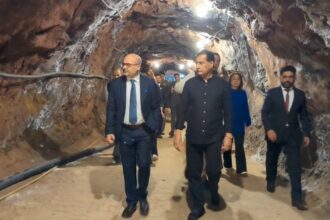
Strategic Importance and Historical Context
Pakistan’s foreign relations are shaped by a complex combination of geography, history, economic needs, security concerns, and shifting global power dynamics. As a nation situated at the crossroads of South Asia, Central Asia, and the Middle East, Pakistan holds a strategic position that has repeatedly drawn international attention. The country’s alliances and diplomatic choices have evolved over the decades, reflecting changing global realities and the pursuit of national interest. Understanding Pakistan’s global alliances requires a reflection on its historical alignment, current diplomatic priorities, and the way the world is reshaping around emerging power centers.
Post-Independence Security Priorities
Since its independence in 1947, Pakistan’s foreign policy has been defined by the need to secure territorial integrity and counterbalance its main regional rival, India. This concern played a role in leading it to align early with Western powers, particularly the United States, during the Cold War. Pakistan joined international alliances such as the Southeast Asia Treaty Organization (SEATO) and the Central Treaty Organization (CENTO), believing that strategic partnership with Washington would enhance its defense capabilities. These alliances brought military assistance and economic aid, yet they were not without complications as Pakistan later felt the limits of American support during critical moments of conflict, particularly in the wars of 1965 and 1971.
Foundations of Pakistan-China Partnership
One of the most enduring partnerships in Pakistan’s external relations is its relationship with China. The Pak-China friendship grew steadily from the 1960s and has become one of the pillars of the country’s foreign policy. Rooted in mutual strategic interests, the partnership has deepened in political trust, military cooperation, and economic collaboration. The China-Pakistan Economic Corridor (CPEC), launched under China’s Belt and Road Initiative, represents one of the most significant development projects in Pakistan’s history.
It aims to improve infrastructure, energy production, and regional connectivity, and it holds the potential to reshape Pakistan’s economic future. The relationship has remained resilient despite global shifts, and both sides frequently describe it as “all-weather,” suggesting that it is not influenced by temporary geopolitical changes.
Recalibrating Relations with the United States
However, the country does not wish to rely solely on one partner, and its foreign policy today reflects an attempt to diversify alliances. Relations with the United States remain important, though more complex than in earlier decades. The partnership has seen moments of close cooperation, especially during the Afghan War and the post-9/11 era, when Pakistan became a frontline ally in the fight against terrorism. Yet mistrust at different points weakened the relationship, particularly over issues related to security cooperation, drone strikes, and expectations regarding Afghanistan.
In recent years, Pakistan has attempted to redefine ties with the United States on the basis of mutual economic cooperation and regional stability rather than dependency or military alignment. The United States still remains a major export market for Pakistan, and dialogue continues in areas such as climate resilience, health, education, and technology.
Relations with the Middle East and Gulf Region
Pakistan’s relations with Middle Eastern countries are equally significant, driven by cultural affinity, labor migration, and financial cooperation. Saudi Arabia and the United Arab Emirates have historically provided economic support and energy resources to Pakistan, while millions of Pakistani expatriates contribute to remittances that support the domestic economy. Pakistan has tried to maintain balanced relations in a region often shaped by rivalries, including between Saudi Arabia and Iran. Iran holds importance for Pakistan not only because of geographical adjacency and shared cultural ties in border regions, but also because of energy cooperation and regional security concerns, particularly in relation to Afghanistan. Maintaining equilibrium among these relationships requires careful diplomatic handling, especially when regional tensions rise.
Pakistan and Afghanistan: A Shared Future
Another essential dimension of Pakistan’s foreign relations concerns Afghanistan. Stability in Afghanistan has direct implications for Pakistan’s internal security and border management. For decades, the atomic power has advocated for political reconciliation and peace in Afghanistan, emphasizing the need for an inclusive government and a stable environment that prevents militancy from spilling across borders. The international withdrawal from Afghanistan and the changing political reality in Kabul have created new challenges and diplomatic questions. Pakistan continues to emphasize the importance of dialogue, humanitarian assistance, and regional cooperation to prevent further instability.
Expanding Engagement with Russia
Russia has also emerged as an area of renewed engagement in Pakistan’s foreign policy. Although relations were limited during the Cold War due to opposing global alignments, recent interactions have included military exercises, energy cooperation discussions, and diplomatic coordination on regional security issues. Both sides recognize the possibility of expanding relations, particularly in energy and regional connectivity.
Diplomacy through Multilateral Forums
At the global level, the nation seeks strong engagement with multilateral institutions such as the United Nations, the Organisation of Islamic Cooperation (OIC), and regional economic forums. Pakistan has consistently advocated for peaceful dispute resolution, particularly regarding the Kashmir issue, and emphasizes international law and human rights in its diplomatic messaging. Participation in peacekeeping missions under the United Nations has strengthened its role as a contributor to global stability and humanitarian efforts.
Economic Diplomacy for National Strength
In recent years, Islamabad has increasingly focused on economic diplomacy, recognizing that national strength and global influence are closely linked to financial stability and international trade. This includes efforts to attract foreign investment, diversify export markets, and strengthen connectivity through regional infrastructure projects. Islamabad has expressed commitment to creating a more favorable environment for international business partnerships, though economic challenges such as inflation, external debt, and governance reforms continue to require sustained attention.
Navigating a Multipolar Global Order
Pakistan’s future foreign relations will likely be shaped by how effectively it navigates a multipolar world in which power is diffused among the United States, China, Russia, the European Union, and rising economies. The challenge for muslim atomic power is not to choose sides in global rivalries but to maintain constructive engagement with all major powers in a way that supports national development, security, and regional stability. Diplomatic flexibility, strategic clarity, and internal economic resilience will be key.
Conclusion: The Path Forward
Ultimately, Pakistan’s alliances and foreign partnerships are tools to serve the national interest. They must be guided by long-term vision rather than short-term advantage. A strong foreign policy begins at home: a stable economy, social harmony, and institutional strength create the foundation for a confident and respected position on the world stage. The path forward requires thoughtful diplomacy, consistent engagement, and a balanced approach to global realities.
Read more expert opinions here: https://thepublicpurview.com/category/blog/
For climate-related stories, visit: The Green Post






